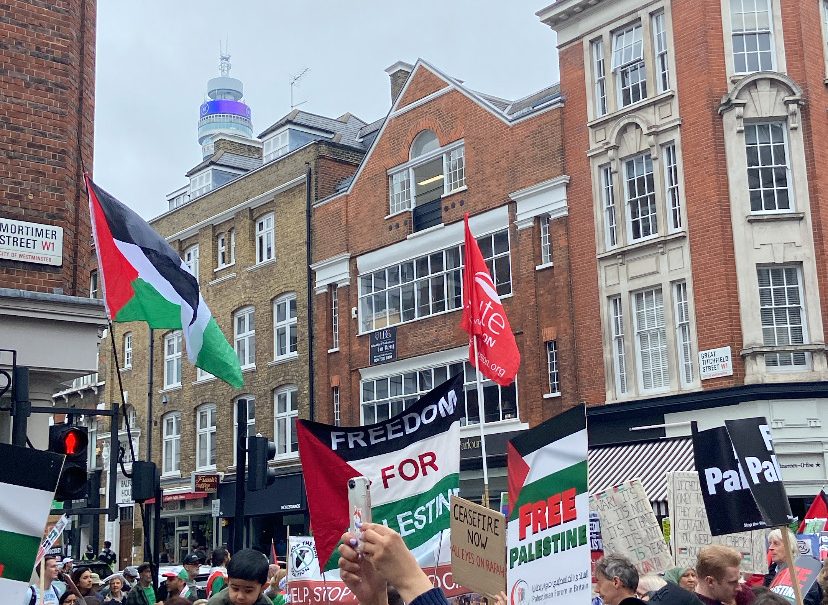Young people value brands’ stances on wider issues more than ever before, a new YouGov poll has found.
The quarterly poll asked ‘How important, or not, is it to you that the brands you like have a clear / transparent point of view on wider issues in society?
The results showed an increase in the vote of those who ‘strongly agree’ with the statement among 18-24-year-olds, from 22% to 31% in the last quarter, making it the highest since the start of the poll in 2019.
There was also a significant increase from September, where 20% of 18-24-year-olds voted ‘very important’, to December, when it jumped to 24%.
This follows months of the Israel-Palestine conflict, which has resulted in many boycotts of companies that support Israel, including brands from Coca-Cola to McDonald’s.
These boycotts demonstrate a strong belief in corporate responsibility, which is about the impact an organisation makes on society.
As well as the environment and economy, corporate responsibility also includes ethics, which is a core component of some of the boycotts.
The Palestine Solidarity Campaign (PSC), is one organisation supporting the boycott.
The Deputy Director of PSC, Peter Leary, said: “Millions across Britain support boycotts of companies that are complicit in Israel’s genocide and apartheid, with targeted boycott campaigns causing significant impact.
“Just weeks ago, we saw coffee shop brand Pret a Manger pull out of its planned investment in Israel because of the threat of a boycott campaign in Israel because of the threat of a boycott campaign.”
In an analysis of the effectiveness of boycotts, Mohammed Sinan Siyech stated: “For consumers, given the fact that many are in opposition to their respective governments’ support for Israel, boycotts are the easiest way to display their anger over any political issues.
“Given that no government can force consumers to buy products, there is no way to regulate such movements.”
Siyech found that boycotts were spreading on social media which is potentially a source for targeting this demographic specifically.
Many pages on social media would post infographics with an updated list of brands to boycott, in order to provide clarity and ease to people wanting to join.
Siyech also explained that to have a successful boycott, one must show an alternative option, which many on social media also do.
The Israel Embassy has been contacted in response to Peter Leary’s comments.
Featured image credit: Photo by Ayaat Yassin-Kassab





